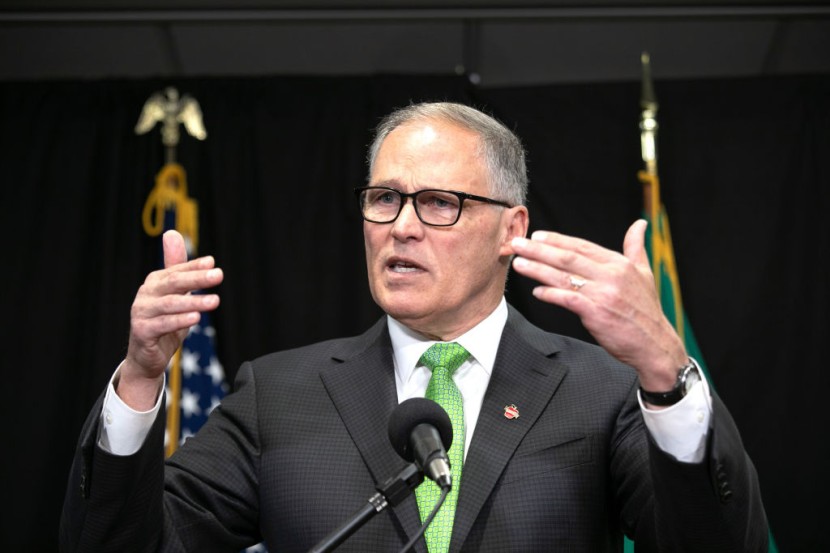
Governor Jay Inslee of Washington signed a measure into law on Tuesday, May 16, that criminalizes possession of small amounts of drugs. The bill was the result of a special parliamentary session called to avoid the legalization of all drug use in the state.
With the expiration of a temporary statute this summer that reduced drug possession to a criminal offense, the state was on the verge of decriminalizing possession of substances like meth and fentanyl across the entire state.
The governor claims that the new legislation would increase funds for drug treatment and recovery programs by millions of dollars, in addition to maintaining criminal sanctions for drug possession.
"This bill is not designed to fill our jails, it's designed to fill our treatment centers," the governor said.
Enforcement of Drug Prohibition
In a report by CNN, possession of a restricted drug or counterfeit substance with the intent to distribute is now a severe misdemeanor punishable by up to 180 days in prison for the first two offenses or a $1,000 fine, or both. According to a bill summary, the maximum penalty under the outgoing statute was 90 days in prison, a $1,000 fine, or both.
The summary also establishes a pretrial diversion program, which allows those charged with drug possession to opt into a substance use disorder treatment program in return for the state dropping the charge.
After the Supreme Court of Washington invalidated the state law that made drug possession a felony in 2021, pressure mounted to pass new legislation. Notably, the previous law did not require prosecutors to prove the offender had criminal intent and thus was unconstitutional.
As an interim fix, legislators reduced drug possession to a minor offense while they worked on a permanent solution. The new legislation enacted on Tuesday will replace the old one, which was slated to expire on July 1.
Inslee defended the plan, saying, "This bill I think has been a very thoughtful process rather than some emotional response to a devastating problem."
He added, "It is our deep hope that this will help people away from the scourge of addiction, that it will reduce crime overall in our communities, and will help our children be safe from the scourge of drug addiction."
Inslee claims that $44 million of the law's total $51 million budget would go toward substance abuse rehabilitation programs. These investments, according to AP News, include methadone mobile clinics, crisis centers, and short-term housing for people with substance-use disorders.
The new legislation imposes mandatory minimum prison terms for offenders convicted of drug possession who reject or drop out of substance use disorder treatment. Meanwhile, it dismisses possession charges for those who complete such programs.
The expansion of treatment and harm reduction programs, as recommended by the Substance Use and Recovery Services Advisory Committee, is likewise required under the new legislation.








